US Universities Warn International Students of Possible Post-Inauguration Travel Restrictions
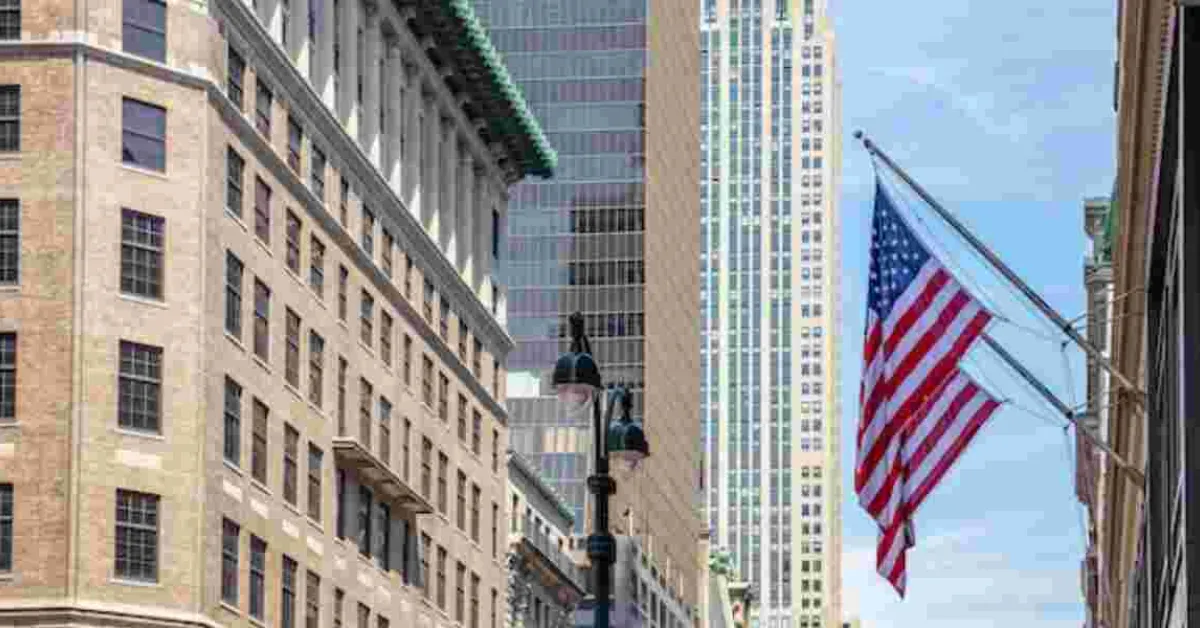
Colleges and universities across the United States are urging international students to return to campus before January 20, the date when President-elect Donald Trump assumes office.
This comes amid concerns of potential travel bans reminiscent of those enacted during his first term. Multiple institutions, including several Ivy League schools and prominent research universities, have issued advisories stressing the need for students to arrive campus-ready, particularly given that many classes commence shortly after the inauguration. In his previous presidency, Trump enforced a travel ban targeting predominantly Muslim countries such as Iraq, Syria, Iran, Sudan, Libya, Somalia, and Yemen.
This policy resulted in over 40,000 visa denials reported by the US State Department, significantly affecting the academic landscape for international students and faculty. Among the institutions advising students to return promptly are Harvard University, Brown University, Northeastern University, the Massachusetts Institute of Technology, Johns Hopkins University, and the University of Southern California.
Cornell University has cautioned that a revival of the previous travel ban affecting 13 nations is likely post-inauguration, potentially extending to include countries like China and India. Students from these regions are encouraged to ensure their return to the US by January 21, the semester's start date, while carrying all necessary documentation, including proof of funding and enrollment letters.
While not explicitly predicting a travel ban, the University of Southern California has advised students to be proactive in planning for potential denial of entry or delays. Similarly, Wesleyan University advocates for students to return by January 19 to mitigate any possible disruptions that may arise from policy changes linked to the inauguration.
According to the Open Doors project, which receives partial funding from the US State Department, over 1.1 million international students from more than 210 countries were enrolled in US higher education institutions during the 2023/2024 academic year, reflecting a 7% increase from the previous year. Notably, students from India and China represent more than half of this demographic.
Concerns among international students have been echoed by Jacky Li, a third-year environmental studies major at the University of California, Berkeley. He articulates worries regarding geopolitical tensions possibly leading to broader restrictions, underscoring the significance of academic freedom and the need for open communication between nations.
In anticipation of potential policy shifts, Trump has expressed intentions to broaden the travel ban and implement "ideological screening" for non-US citizens deemed as security risks. He has also mentioned plans to revoke student visas for individuals considered radical anti-American and antisemitic, particularly in the context of recent campus protests that have supported Palestinian rights and called for divestment from Israel.
As the inauguration date draws near, international students are strongly advised to take these warnings seriously and to implement necessary measures to secure their academic pursuits in the United States.

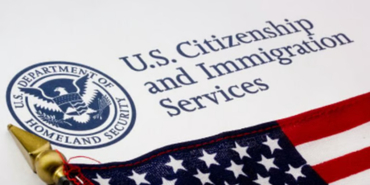
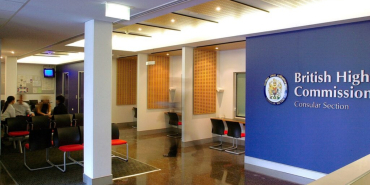
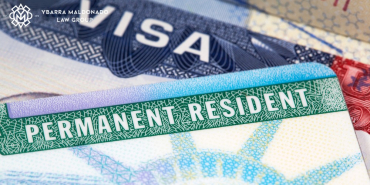

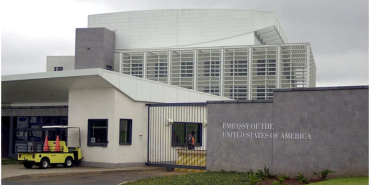

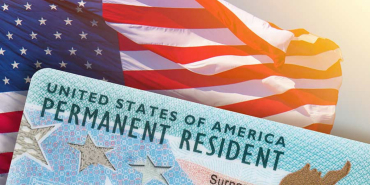

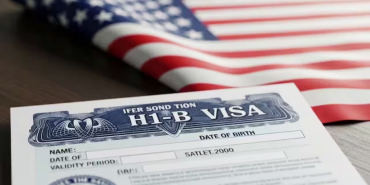

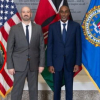
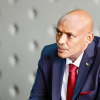
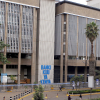
Add new comment